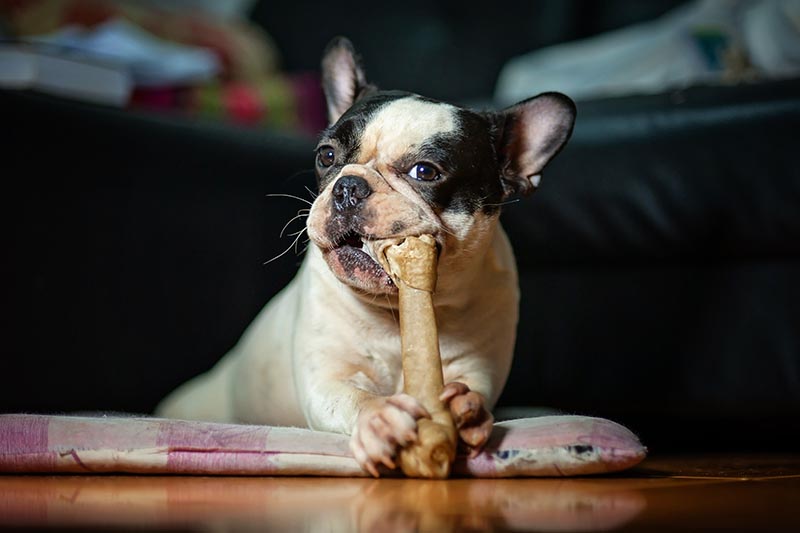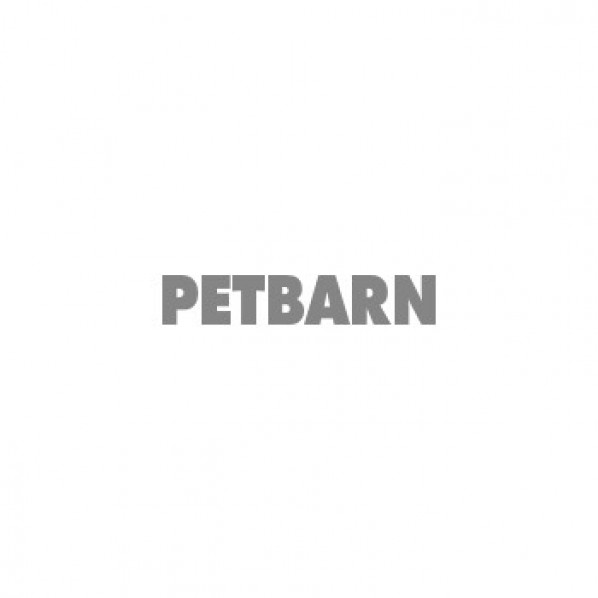Should you brush your dog’s teeth? What does smelly breath mean? What’s the best food for your pet’s teeth?
There are so many questions when it comes to dental hygiene for your pet. Whether you have a dog, cat, reptile or rabbit, we have the ultimate dental tips to help look after your pet.
Did you know that just like you, pets need regular dental care? Canines, felines and small furry animals such as rabbits and guinea pigs use their teeth, jaws and lips to pick up, grind and swallow food. If their teeth are not in good condition it can lead to a host of problems, which can affect the kidneys, heart and lungs.
Should you brush?
Ideally, cats and dogs have their teeth brushed regularly. Using the right toothbrush and toothpaste, gently rub your pet’s teeth to remove tartar.
Smaller animals require an appropriate diet to keep their chompers healthy, similarly for reptiles, a diet that is high in appropriate vitamins and minerals helps avoid oral problems.
Dental food and treats can help maintain oral health
Not only do dogs love bones or playing with a chew toy, it is also good for their teeth! The constant chewing helps to remove tartar build up and strengthen their jaws. Cats also benefit from chewing fresh uncooked bones such as chicken necks or wings.
While brushing your pet’s teeth is the best defence against dental disease, dental food and dental treats are a good secondary measure to reduce plaque build-up.
Rabbits and guinea pigs require abrasive foods in their diet such as fresh grass, hay, parsley and carrots just to name a few. These types of food encourage a natural grinding movement that keeps teeth worn and prevents overgrown teeth.
What to look for
While your furry friend’s breath may not smell like a bouquet of flowers, it should never smell putrid or be overly smelly. Your pet’s diet will impact how their breath will smell and a slight fishy odour is normal for some cats.
Ultimate dental tips:
- Make it a game by patting and speaking to your pet the whole time then rewarding them with a treat after. This will encourage positive association with the behaviour.
- Give dental treats and chew toys to your dog or cat regularly to help clean their teeth.
- Get the right equipment. Choosing an appropriate-sized brush for your pet will make it much easier. Tasty toothpaste will also encourage pets to open wide. Never use human toothpaste to brush your pet’s teeth.
- Choose the right time, such as after exercise when they are more tired or before meal times as the meal becomes a reward.
- Provide plenty of hay for rabbits and guinea pigs to munch on.
- Regularly check guinea pigs teeth and feel for lumps under the neck or on side of jaws to check for abscesses.




